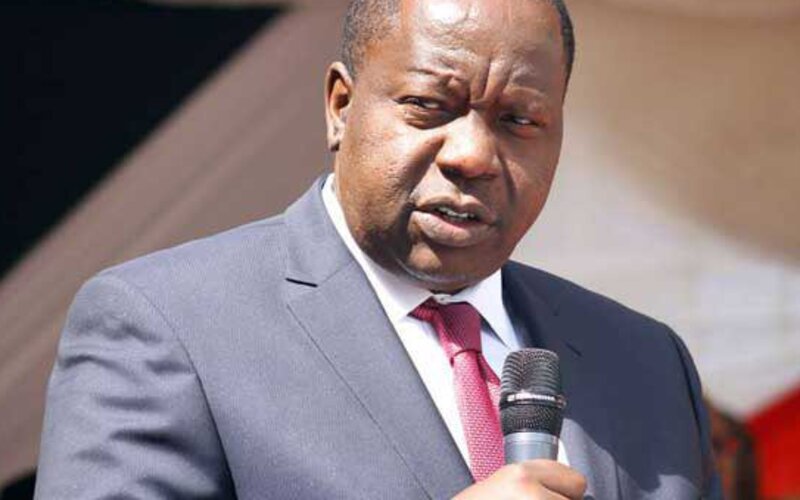×
The Standard e-Paper
Fearless, Trusted News

Interior Cabinet Secretary Fred Matiang'i. [File, Standard]
Interior Cabinet Secretary Fred Matiang’i has gazetted Friday, May 14 as a public holiday to mark Idd-ul-Fitr.